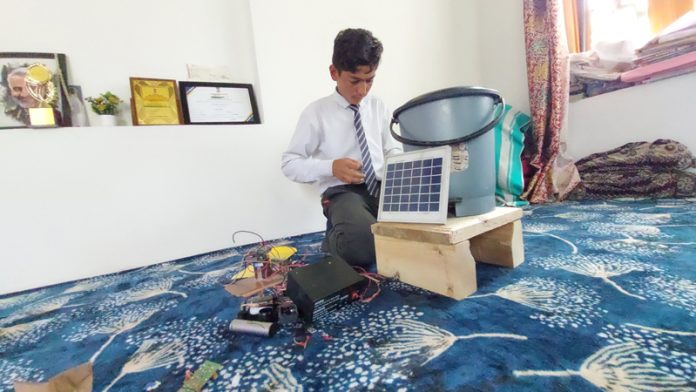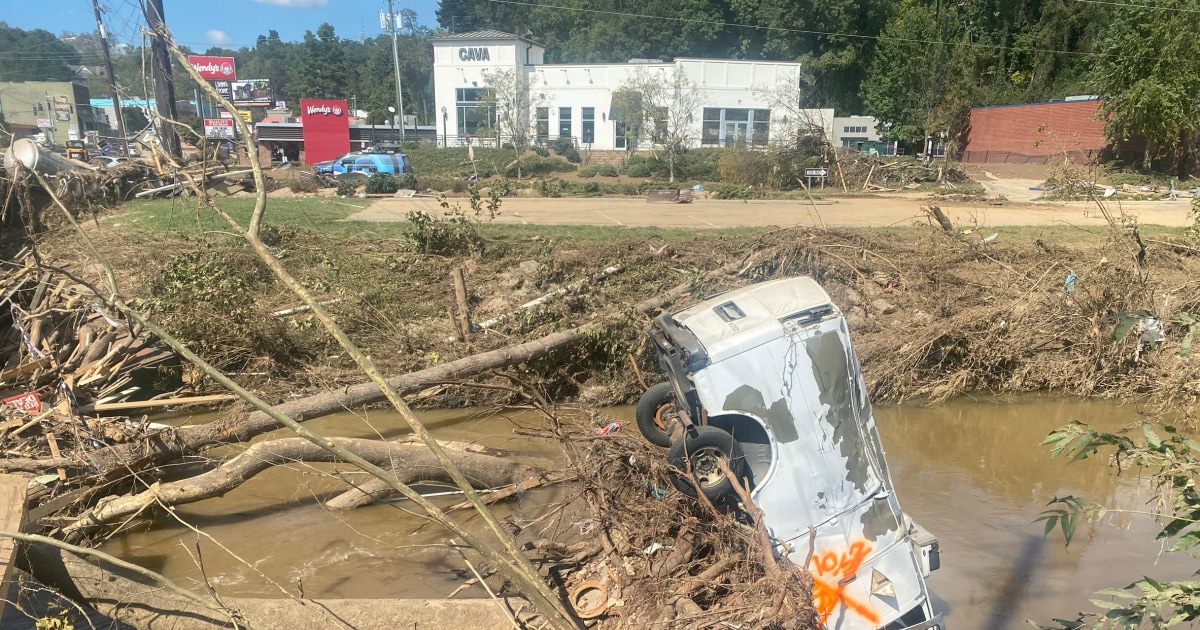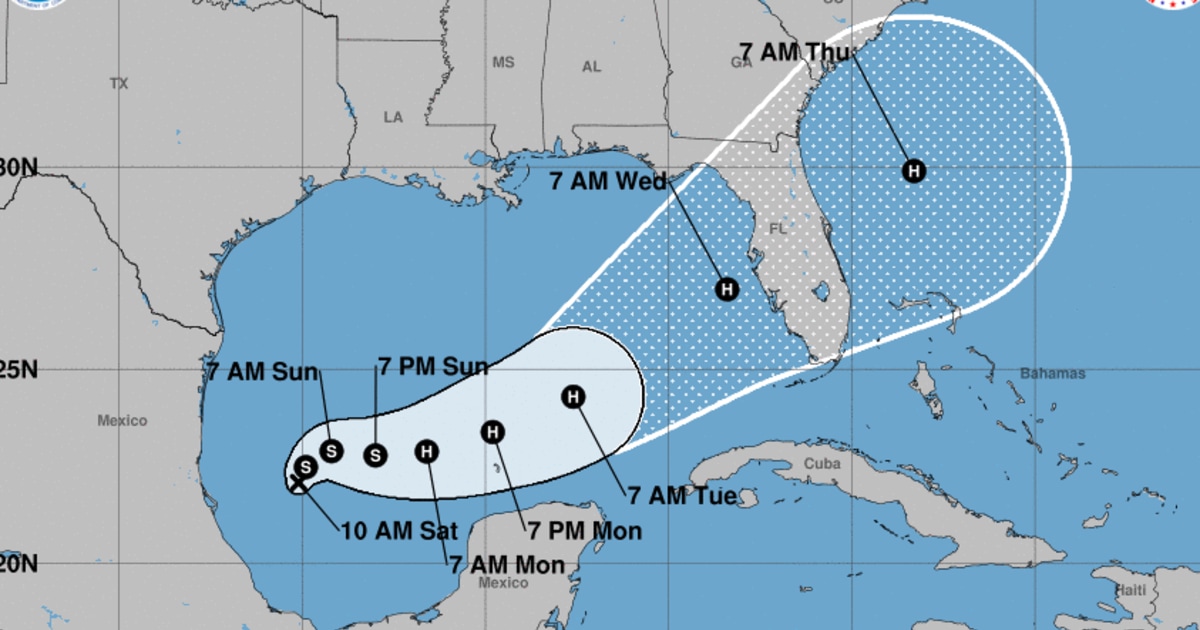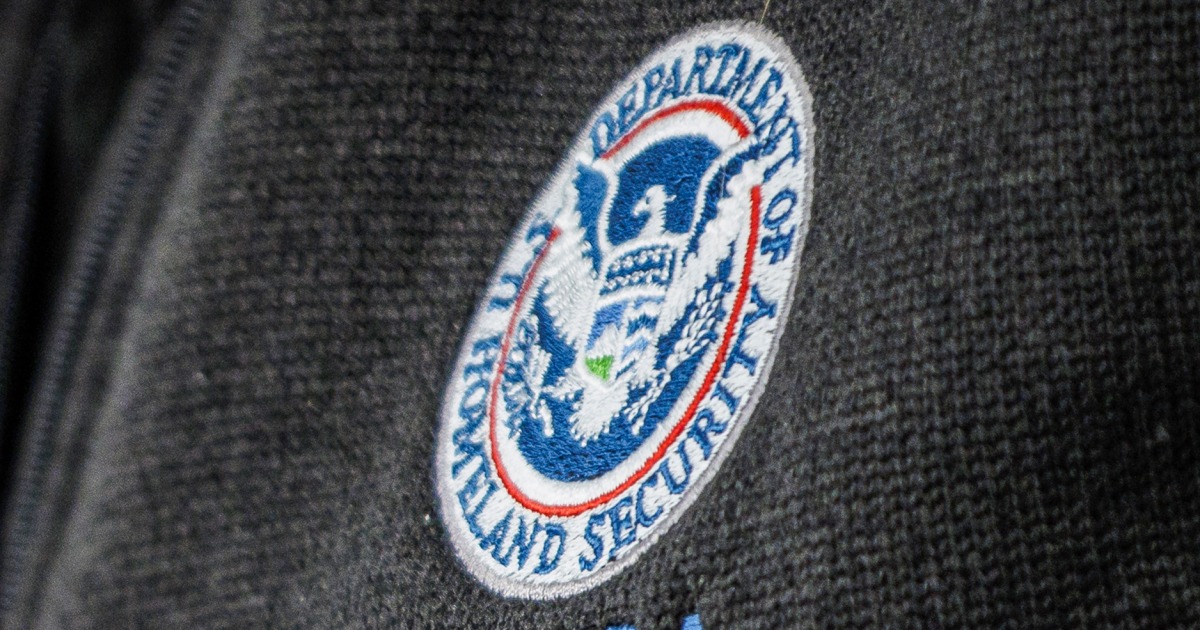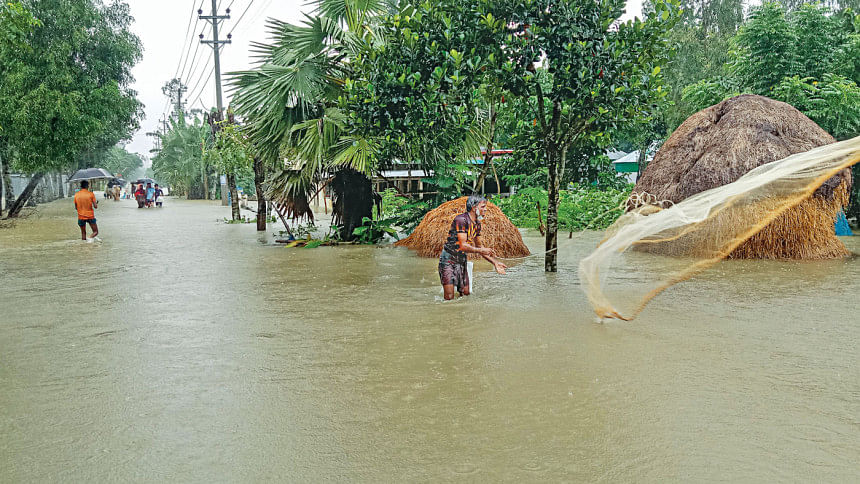
As fruit from our gardens begins to mature, and seed develops, many gardeners plan to save seed for planting next season. For years, seed has been passed down within families and communities; seed was shared with neighbors and even shared over great distances. Businesses that sold seed focused on seed varieties that were suited to particular environments.
Over the years, seed exchanges have developed with the goal of preserving food diversity in communities. Locally acquired seed preserves food culture- if heirloom seed hadn’t been saved over the generations, tomatoes such as Cherokee Purple or Brandywine might not exist, or we might have missed out on sweet heirloom melon. Hopi corn has been passed down through families; it is sacred and protected.

A milestone in the world of seed exchanges and seed libraries occurred back in 2000 when the campus farm at the Ecology Center at UC Berkeley was facing closure. Volunteers and students wanting to save the supply of heirloom seed housed at the center opted to start a seed library. Thus rose the Bay Area Seed Interchange Library, or BASIL.
Shortly thereafter, Sascha DuBrul, one of the activists involved with the project, moved east to help start a seed library in 2004 at the Hudson Valley Seed Company in New York. Since then, more seed libraries have been started across the country. DuBrul commented that, “an urban seed library is about the relationship between biological and cultural diversity, and people having a direct connection to the seeds that are growing their foods.
Many seed libraries encourage the ‘borrowers’ of seeds to bring back seeds from what they grow, thereby strengthening the successful plants that are grown in the area.” With these concepts in mind, and in hopes of creating our own local seed stories, the Master Gardeners of Nevada County, in collaboration with the Madelyn Helling Library have now opened Nevada County’s own seed library. With the great support of Ian Boalt, Adult Services Librarian, the program has been re-kindled by Master Gardeners Judy Nichols and Nikki Duncan.
There is great enthusiasm for the program, which provides free seeds for the community to take home and grow. The library has provided the refurbished “card catalog” in which the seeds are stored. Currently the Master Gardeners have sorted and stocked flower, vegetable and herb seeds which the public can “check out” – five packets per visit.
They are hoping to maintain an extensive collection of donor seeds for all seasons and connect the public with the many Master Gardeners’ educational workshop offerings. Currently, seed is obtained from local and other seed suppliers who have donated viable, but outdated seeds. The library is not currently accepting public donations of seed, but in time the program might be expanded to include seed saved by home gardeners.
The program opened in July, and has steadily gained momentum. The August report from MG Nikki Duncan indicates that 71 people visited the library to take seeds, with 218 vegetable packets taken, 26 packs of herbs and 85 packs of flowers taken for a total of 329 packets of seed. That’s a very good start! If you are interested in visiting the seed library, it’s located in the Madelyn Helling Library at 980 Helling Way in Nevada City – by the Rood Center.
The phone number of the library is 530-265-7050. The instructions for “checking out” the seed are on the display at the library. If you are interested in learning about saving and storing seed, join the Master Gardeners of Nevada County at our SOS – Save Our Seeds workshop to be presented on October 12 from 10am to noon at the Demonstration Garden (on the NID grounds, 1036 W.
Main St. in Grass Valley). Other fall workshops coming up include our very popular Native Plant workshop on September 14, Vermiculture on September 21 and Best Perennials for Nevada County on September 28.
All workshops will be presented at the Demo Garden, from 10am to noon, but watch our website at https://ncmg.ucanr.edu/ for any updates or more information.
For home gardening questions call our Hotline at 530-273-0919 – a Master Gardener is available to take your call on Tuesdays from 9am to noon, or leave a message on the Hotline and someone will return your call. Ann Wright is a Nevada County Master Gardener..


